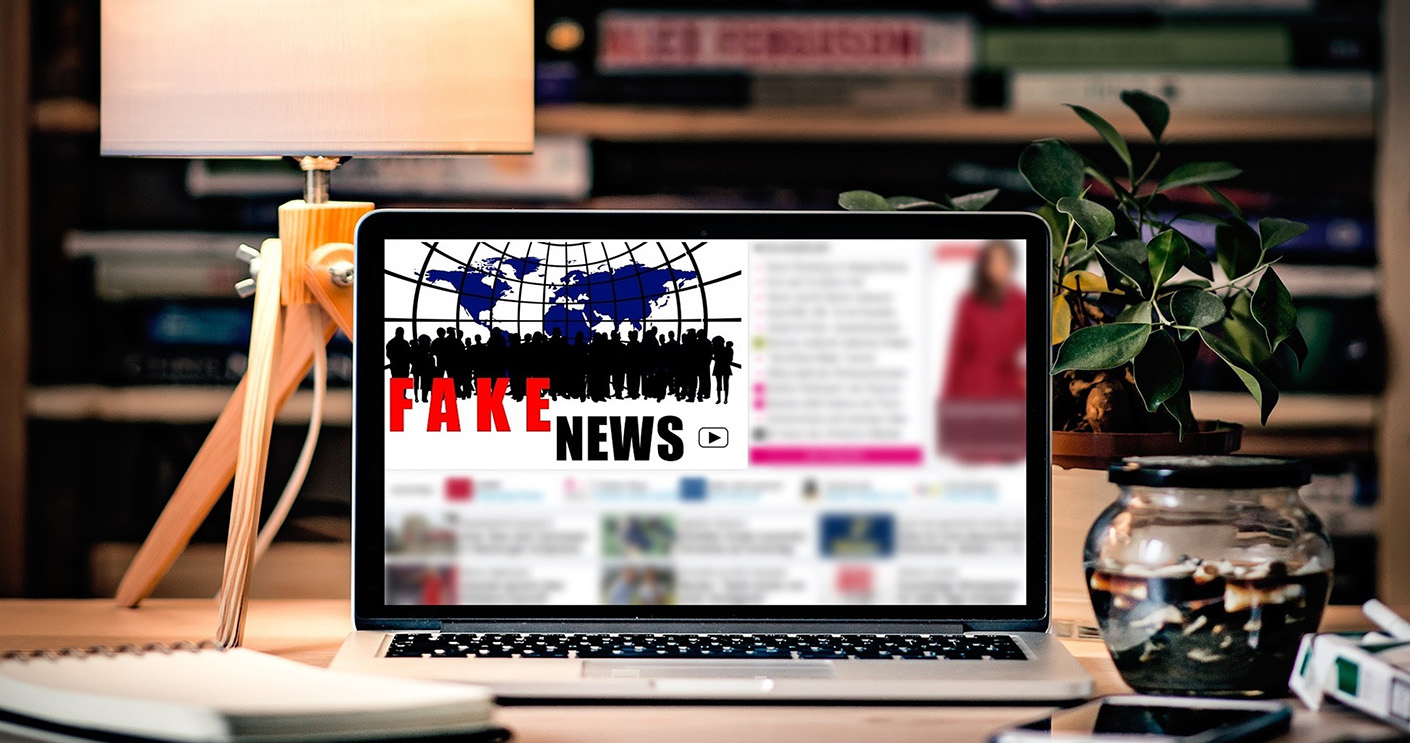Dr Adam Dunn from the Centre for Health Informatics has found that coverage about vaccines on social media is lower in places where exposure to misinformation and conspiracies are higher. A recent workshop addressed many of the issues around information sharing in Australia so we caught up with Adam to learn more about how we can help our own browsing habits when it comes to sorting the facts from the alternative facts.
1. How are our views being affected by the media or social media we are consuming?
Unfortunately, there is no simple answer here. As consumers, we are partially able to choose what we read, and we also distort information as it spreads through our online and offline social networks. Because of this complexity, research examining what we consume, what we believe, and how it affects our actions is able to reveal patterns, but it cannot tell us how much of an effect media has. However, research on the spread of misinformation points to the importance of echo chambers for certain topics like climate change, where surveys also show that ideology and political views are closely aligned with opinions.
2. How can we better counteract our consumption of misinformation?
Say the New York Times publishes an opinion piece from a climate skeptic, even if the facts in it are distorted or wrong, reading it can help us break out of our own echo chambers and learn more about how people justify their beliefs. After all, we can’t counteract something we don’t understand.
3. When it comes to scientific evidence vs alternative truths, how can we begin to tell one from the other?
As scientists, we are caught between the classical ideals of science—where we are seen to be perfectly objective observers of the world—and the practicalities of being part of the world we study. In my research into financial competing interests, I see problems of bias in research almost constantly. I believe that the blurring of the lines between advertising and science has fed a growing distrust of science in the public and has made it harder to detect misinformation. My practical advice is to always consider the motivations behind what you see or read. Initiatives like Snopes, Health News Review, and The Conversation’s FactCheck are excellent resources—they do much of the hard work for you.
4. Is the University currently undertaking any research or project initiatives to help combat science misinformation?
In my team in the Centre for Health Informatics, we have an NHMRC-funded research project where we are building tools to monitor information related to vaccines. These tools will be used to track the provenance and spread of both evidence and misinformation. A group of us from across several faculties were also involved in organising a workshop earlier this month. There is a great wealth of knowledge about the problems, theory, and practice of science communication across the University, and our hope is that these workshops will help to stimulate new collaborations to help address some of the most pressing problems of our time. Stay tuned for future events.


 Back to homepage
Back to homepage
Comments
We encourage active and constructive debate through our comments section, but please remain respectful. Your first and last name will be published alongside your comment.
Comments will not be pre-moderated but any comments deemed to be offensive, obscene, intimidating, discriminatory or defamatory will be removed and further action may be taken where such conduct breaches University policy or standards. Please keep in mind that This Week is a public site and comments should not contain information that is confidential or commercial in confidence.